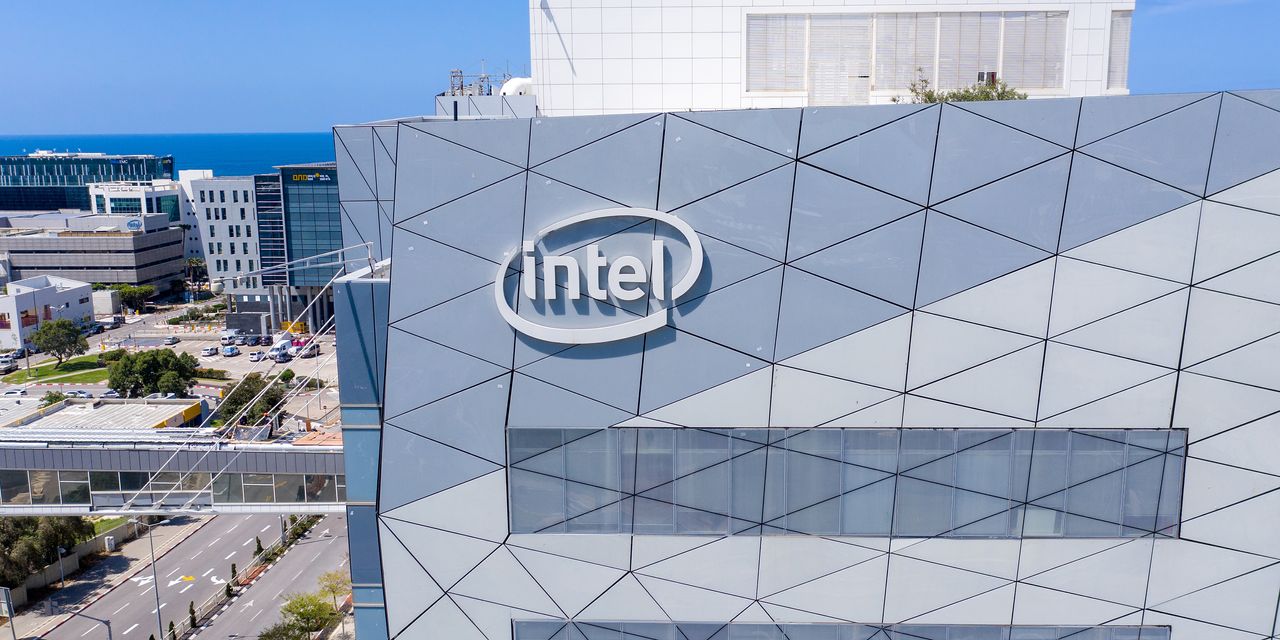Renowned as the “startup nation”, Israel’s vibrant technological ecosystem stands as a testament to its innovative spirit and resilience. This tech hub, often likened to Silicon Valley, has not only garnered international acclaim but has also significantly bolstered Israel’s economy, reflecting 20% of its GDP.
Now the Israel-Hamas war threatens the tech industry not only in Israel but globally. From multinational corporations to local startups, companies are bracing for the fallout. Fluctuations in stock and bond prices, halted airline operations, and disrupted services underscore the magnitude of the conflict’s impact. And as Israeli tech staff are increasingly mobilized as military reservists, the tech sector’s foundational stability is shaken.
Israel’s technological prowess stands out prominently on the global stage. Its meteoric rise in the technological realm can be traced back to the 1970s, with the establishment of Intel’s
INTC,
presence. This initial spark ignited a tech revolution, culminating in the 1990s when the start-up scene truly came alive. Today, Israel boasts an ecosystem bustling with thousands of innovative companies, drawing the attention and investments of tech giants including IBM
IBM,
Apple
AAPL,
Microsoft
MSFT,
Alphabet
GOOGL,
and Meta Platforms
META,
Israel’s tech landscape isn’t just vast; it’s pivotal to its economy. Accounting for almost one-fifth of the country’s GDP, this sector has been the driving force behind Israel’s commendable economic growth in recent decades. Moreover, tech serves as a major employment hub, offering jobs to 14% of the nation’s workforce. Such figures underscore the sheer magnitude and significance of Israel’s tech industry in its national narrative.
This ecosystem has also been a magnet for multinational corporations. About 500 multinationals currently operate in Israel, primarily focusing on research and development. Their presence often stems from acquiring promising Israeli startups, highlighting the nation’s reputation as a cradle of innovation. Notable investments, such as Intel’s planned expenditure of $25 billion on a new factory in Kiryat Gat, further emphasize the global confidence in Israel’s tech potential.
Response and challenges
The immediate challenges are palpable, with significant portions of the Israeli workforce facing mobilization as military reservists. This is especially pronounced among startups, where the predominantly young workforce is more likely to be called. The large-scale mobilization of military reservists, many from the tech sector, represents more than a numerical reduction in staff; it signifies a potential hiatus in innovation, project development, and client servicing, as tech companies brace for disruptions amid the ongoing conflict.
Major tech companies, both domestic and international, have been quick to respond to the evolving situation. Intel, a longstanding titan in Israel’s tech industry and its largest private tech-sector employer, has taken proactive measures, emphasizing its commitment to safeguarding its workforce amidst the ongoing unrest. This sentiment resonates with the broader tech community, where the safety and well-being of employees are paramount.
The conflict also has created unavoidable operational adjustments. Nvidia
NVDA,
a global leader in AI and computer graphics chips, made the difficult decision to cancel a prominent AI summit scheduled in Tel Aviv. Such cancellations not only represent immediate revenue losses but also highlight the potential long-term reputational risks associated with operating in conflict zones. To that point, a growing number of Israel’s tech startups that have started incorporating in the United States, hinting at a possible shift in the tech landscape amidst ongoing conflict and internal political issues.
Yet, amidst these formidable challenges, the resilience and adaptability inherent to the tech industry shine through. Firms, both large and small, are demonstrating remarkable flexibility in their operations. For instance, ActiveFence , a tech firm specializing in online threats, remains committed to serving its customers despite its founder and CEO, Noam Schwartz, expecting a return to Israel for military duty. His assurance, “We have enough people worldwide to make sure everyone is in check,” encapsulates the sector’s determination to weather this adversity.
Risks to the global economy
The Israel-Hamas war, while geographically concentrated, holds profound implications for the intricate web of the global economy. As tensions escalate in the Middle East, financial institutions, market analysts, and world leaders closely monitor the situation, cognizant of its potential to influence international markets and economic stability.
Ajay Banga, the president of the World Bank, has offered a particularly incisive perspective on the matter. He expressed deep-seated concerns regarding the ripple effects of this conflict, highlighting its capacity to strain the global economic fabric. When such hostilities threaten to spread beyond their immediate epicenter, the ramifications for trade, investments, and market confidence can be severe.
The Israel-Hamas war exposes the delicate equilibrium of our hyper-globalized world. In this setting, unfettered migration, one-sided financial accords, and questionable legal frameworks often forge artificial alliances driven by corporate agendas, leading to economic frailty instead of fostering growth and cooperation between nations.
It is in such environments that regional conflicts can reverberate globally, unsettling communities, financial markets and businesses, all the while questioning the core principles of economic globalization. The appeal of self-sufficiency and economic autonomy emerges as a prospective shield against the worldwide repercussions of wars and unrests flaring up all over the world. By nurturing strong national economies, countries could better insulate themselves from the mire of geopolitical discord and the ensuing economic disarray, as well as provide more structured and substantial help to those in need.
More: Israel-Hamas war could be the tipping point for a fragile financial system
Also read: Biden says he’ll ask Congress for ‘unprecedented support package’ for Israel’s defense
Read the full article here






